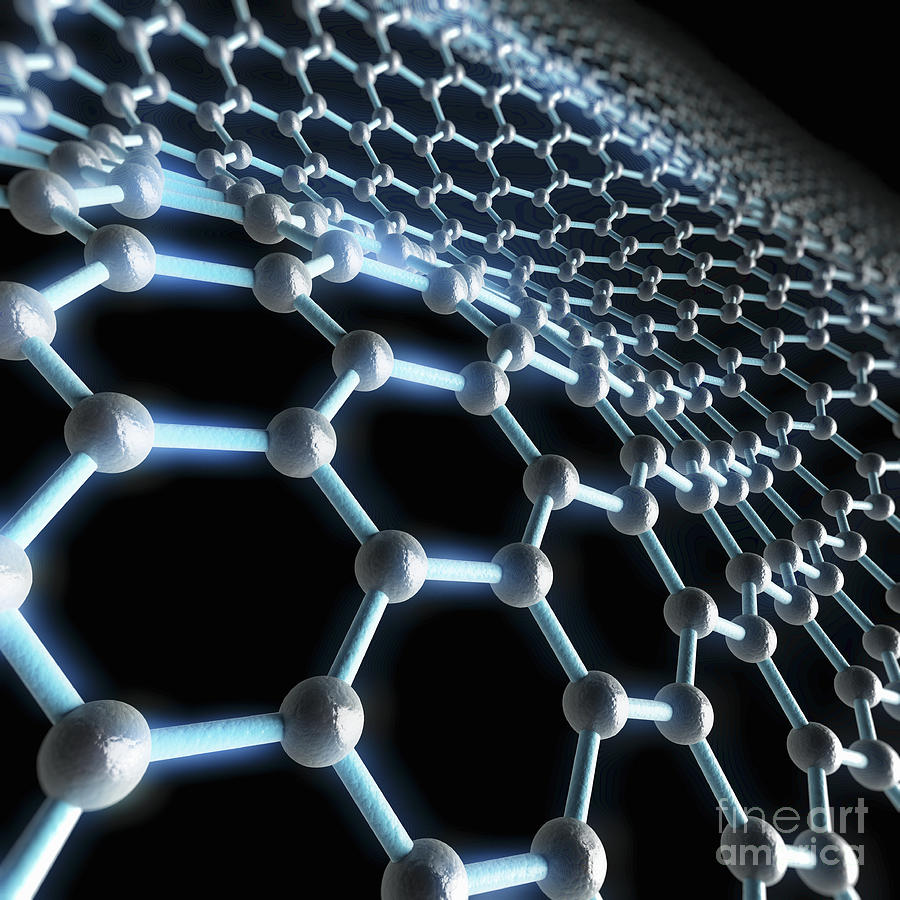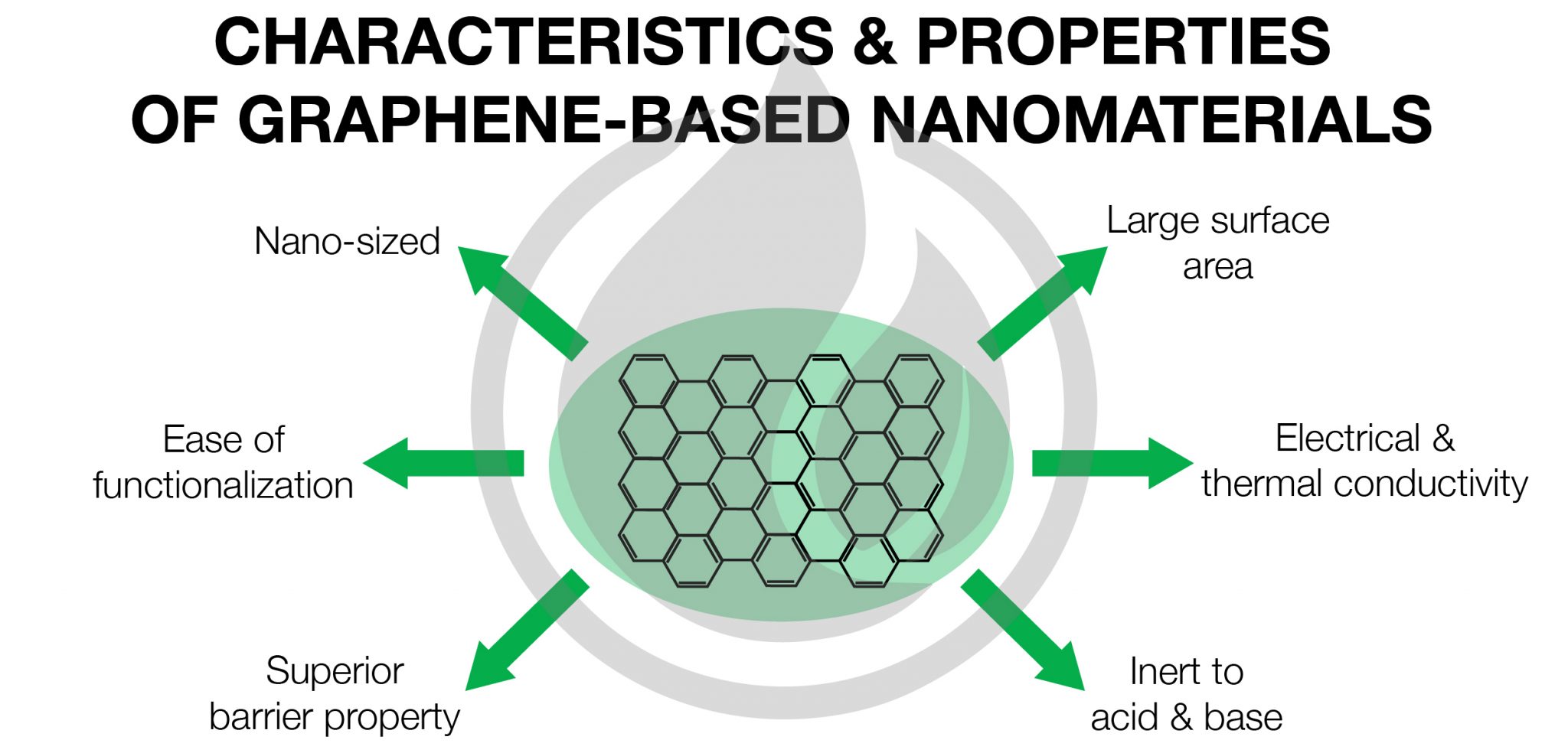Introduction
Definition of Graphene

Graphene is a two-dimensional carbon allotrope consisting of a single layer of carbon atoms arranged in a hexagonal lattice. It is known for its exceptional properties, such as high electrical conductivity, thermal stability, and mechanical strength. Graphene has attracted significant attention in the field of materials science and engineering due to its potential applications in various industries, including electronics, energy storage, and aerospace. The unique structure and properties of graphene make it a promising candidate for developing innovative fuel additives. By incorporating graphene into fuel formulations, researchers aim to enhance fuel efficiency, reduce emissions, and improve engine performance. The use of graphene-based fuel additives holds great promise for revolutionizing the automotive and transportation sectors, offering a sustainable and efficient solution for future energy needs.
Importance of Fuel Additives
Fuel additives play a crucial role in enhancing the performance and efficiency of fuels. The importance of fuel additives cannot be underestimated, especially in today's rapidly evolving automotive industry. Graphene-based fuel additives, in particular, have gained significant attention due to their unique properties and potential to revolutionize the fuel industry. These additives have the ability to improve fuel combustion, reduce emissions, and enhance engine performance. As the demand for cleaner and more sustainable energy sources continues to grow, the development and implementation of graphene-based fuel additives hold great promise for the future of the automotive sector.
Overview of Graphene-based Fuel Additives
Graphene-based fuel additives have emerged as a promising solution to enhance the performance of fuels and reduce emissions. These additives, derived from the revolutionary material graphene, offer unique properties such as high thermal and electrical conductivity, exceptional strength, and chemical stability. The use of graphene-based additives in fuel formulations can improve combustion efficiency, increase fuel economy, and decrease harmful emissions. Additionally, graphene's ability to enhance lubricity and reduce friction can lead to reduced wear and tear on engine components. As a result, the adoption of graphene-based fuel additives holds great potential for revolutionizing the automotive and energy industries, paving the way for more sustainable and efficient fuel solutions.
Properties of Graphene

High Strength and Flexibility
Graphene-based fuel additives offer high strength and flexibility, making them a promising innovation in the field. These additives, derived from the remarkable properties of graphene, have the potential to enhance the performance of fuels and lubricants. With their exceptional mechanical properties, graphene-based additives can improve the durability and efficiency of engines, reducing friction and wear. Moreover, their flexibility allows for easier integration into existing fuel formulations, providing a cost-effective solution for improving fuel quality. As research in graphene-based fuel additives continues to advance, the future holds exciting possibilities for enhancing fuel efficiency and reducing environmental impact.
Excellent Thermal and Electrical Conductivity

Graphene-based fuel additives have shown excellent thermal and electrical conductivity, making them a promising solution for enhancing the performance of fuels. The unique properties of graphene, such as its high surface area and low electrical resistance, allow for efficient heat transfer and improved electrical flow within the fuel. This leads to better combustion efficiency and reduced energy loss, ultimately resulting in increased fuel efficiency. Additionally, the exceptional thermal conductivity of graphene-based additives helps dissipate heat more effectively, preventing overheating and potential damage to the engine. With these remarkable characteristics, graphene-based fuel additives have the potential to revolutionize the automotive and energy industries by improving fuel economy and reducing emissions.